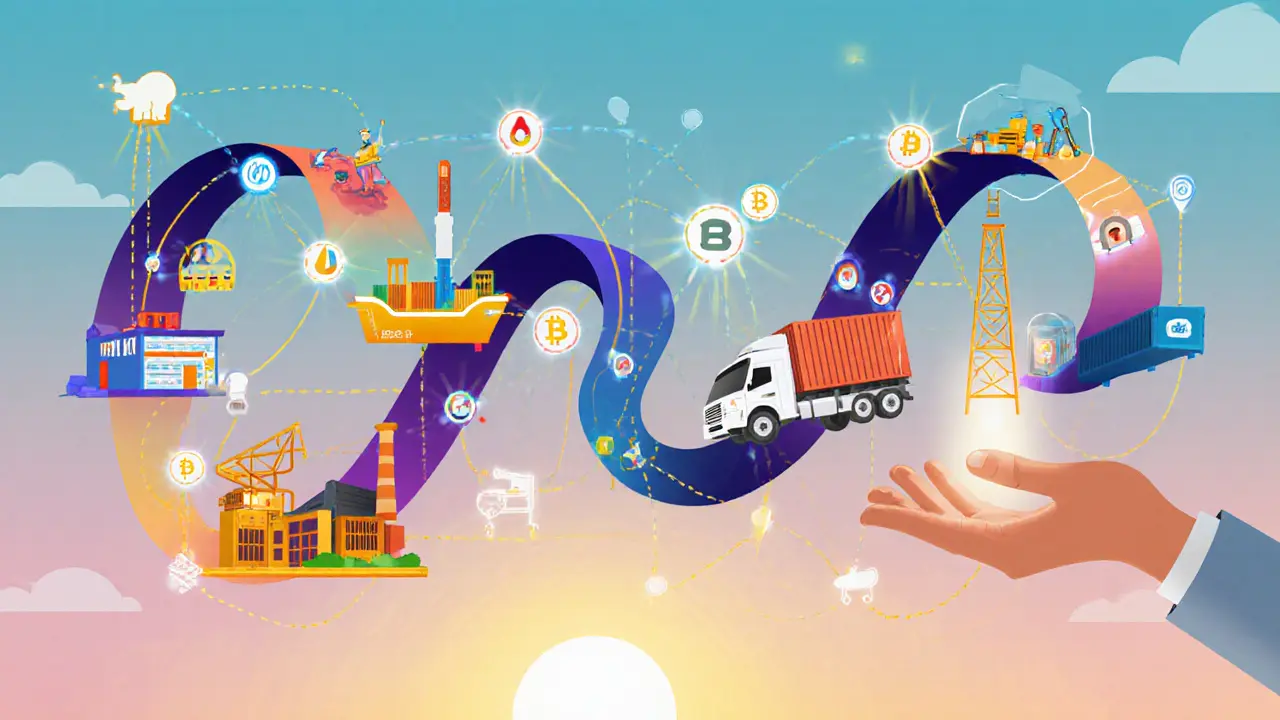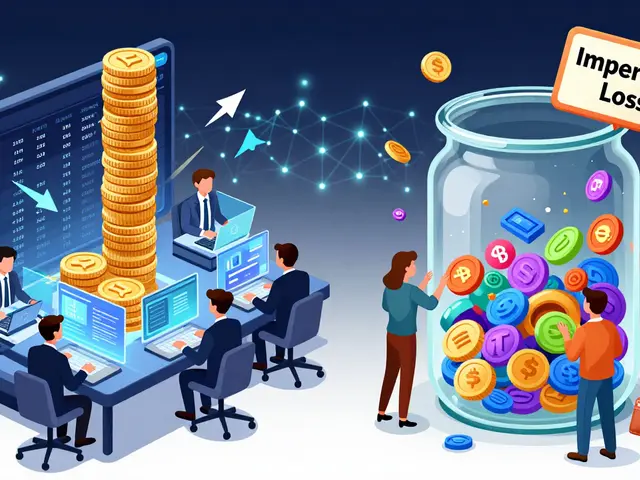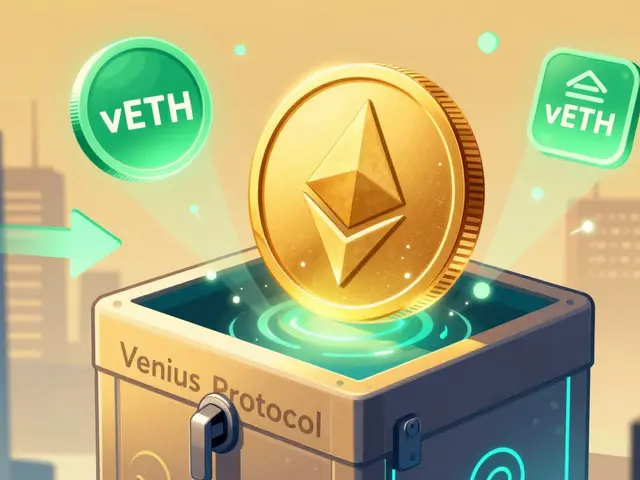Blockchain Use Cases: Real‑World Applications and Insights
When working with blockchain use cases, practical ways blockchain technology is applied across industries. Also known as blockchain applications, it helps transform processes that need trust, transparency, and speed. In everyday terms, think of any situation where you need a record that can’t be tampered with—whether it’s moving money across borders, proving ownership of a house, or lending assets without a bank.
One of the biggest drivers is financial institutions, banks and other regulated entities that manage money. They are adopting blockchain to cut settlement times, lower fees, and meet compliance more efficiently. This adoption creates a feedback loop: as banks use the tech, more developers build tools that make blockchain even easier to integrate.
Blockchain use cases also require smart contracts—self‑executing code that enforces agreement terms. Smart contracts are the engine behind many decentralized finance (DeFi) services, enabling trust‑less lending, borrowing, and yield generation. When you hear about a DeFi lending protocol, you’re really hearing about a smart‑contract‑powered bank running on a public ledger.
Key Sectors Driving Adoption
DeFi lending protocols, platforms like Aave and Compound that let users earn interest without intermediaries illustrate how blockchain lowers barriers to credit. These protocols influence blockchain adoption by showing real profit for users, which in turn attracts more capital and development talent.
Another hot area is crypto payments, digital transactions using cryptocurrencies for goods, services, or remittances. They let merchants accept money instantly, bypass traditional payment rails, and reach customers worldwide. The rise of stablecoins has made crypto payments more predictable, encouraging businesses to experiment.
Cross‑border payments are a classic pain point for banks and freelancers alike. cross‑border payments, international money transfers that often involve high fees and slow clearing times benefit from blockchain’s ability to settle in minutes, not days. Companies building on public chains or permissioned networks can route funds directly, cutting out correspondent banks.
Real‑estate tokenization shows how blockchain can digitize traditionally illiquid assets. By issuing tokens that represent ownership shares, developers unlock new funding sources and give investors fractional access. This use case blends legal frameworks, smart contracts, and market demand for transparency.
Supply‑chain tracking is another clear example. Companies embed immutable records of each product step, from raw material to shelf. That data helps verify authenticity, reduce fraud, and improve traceability for consumers who care about origin.
Identity management on blockchain lets users control their personal data without handing it over to a single authority. Decentralized identifiers (DIDs) give individuals the power to prove who they are while keeping privacy intact—useful for KYC, voting, and access control.
Gaming and NFTs have turned blockchain into a creator economy platform. Players earn items that truly belong to them, trade them on open markets, and even monetize gameplay. This shifts value from centralized publishers to individual users.
Energy trading platforms let households sell surplus solar power directly to neighbors using blockchain‑verified smart contracts. This peer‑to‑peer model reduces grid strain and encourages renewable adoption.
Healthcare records stored on a blockchain can be shared securely among doctors, labs, and patients, ensuring data integrity while respecting privacy regulations.
All these examples share a common thread: they replace a trusted third party with code and consensus. That replacement reduces costs, speeds up processes, and opens new business models.
Below you’ll find a curated collection of articles that dive deeper into each of these areas—detailed guides, reviews, and analyses that show how the theory translates into practice. Keep reading to see concrete steps, real‑world data, and practical tips you can apply right now.
Supply Chain Blockchain Use Cases: Real-World Examples and Benefits
Explore real-world blockchain use cases in supply chains, from food safety to luxury goods, and learn how transparency, smart contracts, and tokenization boost efficiency.





